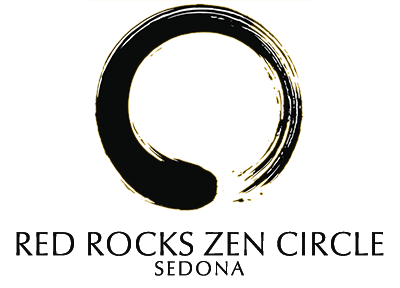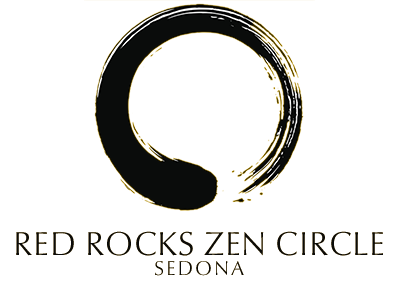The Platform Sutra
The Zen Teaching of Hui-Neng
from the translation by Red Pine
Red Rocks Zen Circle Spring Retreat 2019
Excerpts:
Meditation and Wisdom:
Section 13: This Dharma teaching is based on meditation and wisdom. But don’t make the mistake of thinking that meditation and wisdom are separate. Meditation and wisdom are of one essence and not two. Meditation is the body of wisdom, and wisdom is the function of meditation.
Section 15: Good friends, what are meditation and wisdom like? They are like a lamp and its light. When there’s a lamp, there’s light. The lamp is the light’s body, and light is the lamp’s function. They have two names but not two bodies. This teaching concerning meditation and wisdom is also like this.
One-Practice Samadhi
Section 14. One-Practice Samadhi means at all times, whether walking, standing, sitting or lying down, always practicing with a straightforward mind. …. Simply practice with a straightforward mind and don’t become attached.
Section 14: Deluded people …. say that sitting motionless, eliminating delusions, and not thinking thoughts are One-Practice Samadhi. But …. this is lifelessness and is an obstruction of the Way. The Way has to flow freely. Why block it up? The Way flows freely when the mind doesn’t dwell on anything.
See Your Nature
Section 16: Know your mind and see your nature. For those who are aware, there is basically no separation.
Section 19: What do we mean “to practice Zen?” It means not to be obstructed by anything, and not to give rise to thoughts about objective states. And by “Zen”, we mean to see our nature without being confused.
The Four Vows
Section 21: Good friends, recite after me:
I vow to save all beings, no matter now numberless.
I vow to send all afflictions, no matter how countless.
I vow to master all teachings, no matter how limitless.
I vow to attain Buddhahood, no matter how transcendent.
Good friends, as for “I vow to save all beings”, it isn’t Hui-Neng who does the saving. Every being you can think of saves themselves with their own nature in their own bodies. What does this mean? They ….. already possess the nature of original enlightenment …. And this saves them with right views. Once they realize the prajna wisdom of right views, they dispel their ignorance and delusion, and each being saves themselves. The false are saved with truth. The deluded are saved with awareness. The ignorant are saved with wisdom. The bad are saved with goodness. And the afflicted are saved with enlightenment. Those who are saved like this are truly saved.
As for “I vow to end all afflictions”, this means to get rid of the delusions of your own mind. “I vow to master all teachings” means to study the true, unexcelled Dharma. And “I vow to attain Buddhahood” means always to practice with humility, to respect all beings, to avoid attachments, to give rise to prajna from your own awareness, and to put an end to delusions. It is through self-realization that Buddhahood is attained. This is the power of making vows.
The two poems, from the life story of Hui-Neng:
(Sections 6 and 8)
Poem of the Head Monk Poem of Hui Neng
This body is a Bodhi tree Bodhi doesn’t have any trees
The mind is like a standing mirror This mirror doesn’t have a stand
Always try to keep it clean Our Buddha nature is forever pure
Don’t let it gather dust Where do you get this dust?
And, from the Mumonkan, Koan #23, taken from the Platform Sutra:
The Sixth Ancestor (Hui-Neng) was once pursued by Monk Myo to Daiyurei. The Ancestor, seeing Myo coming, laid the robe and bowl (given to him by his teacher as symbols of dharma transmission) on a stone, and said, “This robe symbolizes faith; how can it be fought for by force? I will leave it to you to take it.” Myo tried to take up the robe, but it was as immovable as a mountain. Myo was terrified and hesitated. He said, “I have come for the Dharma, not for the robe. I beg you, please teach me, O lay brother!” The Sixth Ancestor said, “Think neither good nor evil. At such a moment, what is the True Self of Monk Myo?” At this, Myo was at once enlightened.

